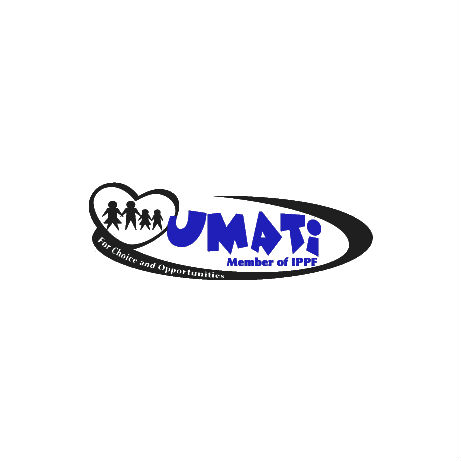

| 31 March 2016
New Zealand Family Planning
New Zealand Family Planning (NZFP) runs 30 permanent clinics and 30 mobile facilities which offer a range of sexual and reproductive health services, including contraceptive advice and prescriptions, testing and treatment of sexually transmitted infections (STIs) including HIV, pregnancy testing and advice, and cervical screening. NZFP also runs schools-based clinics, predominantly in high needs areas, and its health promoters operate at 15 locations across the country. The health promoters work with schools, parents, and caregivers to lead courses on sexual and reproductive health (SRH). Some of this work extends into prisons and marae (Maori meeting places). Since sexuality education became compulsory in New Zealand secondary schools in 2001, NZFP has been closely involved in running courses, and in training staff to deliver effective SRH lessons. The organization plays a key role in advocating at national and international level for legislative change to promote the right to control SRH as a fundamental human right. It is a particularly active participant in the New Zealand Parliamentarians Group on Population and Development, where the organization’s expertise in delivering services to answer people’s SRH needs provides a practical grounding for policy improvements. Contacts Website: www.familyplanning.org.nz Facebook: https://www.facebook.com/familyplanningnz

| 31 March 2016
Uzazi na Malezi Bora Tanzania
Chama cha Uzazi na Malezi Bora Tanzania (UMATI) UMATI (Chama cha Uzazi na Malezi Bora Tanzania (UMATI) was established in 1959 and became a full IPPF Member Association in 1973. Since then, it has developed a comprehensive range of sexual and reproductive health (SRH) services for the Tanzanian people. UMATI operates 33 services points which include 13 permanent clinics and 19 community-based distributors/community-based services (CBDs/CBSs). UMATI’s services are maintained and delivered by 120 permanent staff, 120 peer educators and a youth action movement membership of 250. UMATI also runs an extensive programme of home-based care and support for people living with HIV and AIDS (PLWHA). Voluntary counselling and testing (VCT) is a central part of UMATI’s HIV and AIDS prevention and treatment work. The organization is also highly active in promoting screening services and providing infertility diagnosis and counselling. UMATI collaborates closely with and/or receives funding from the Ministry of Health and non-governmental organizations (NGOs) such as Youth Incentives, AMREF, the Japanese Organization for International Cooperation in Family Planning (JOICFP), GTZ, SIDA, Youth Incentives and AMREF. Website: www.umati.or.tz







